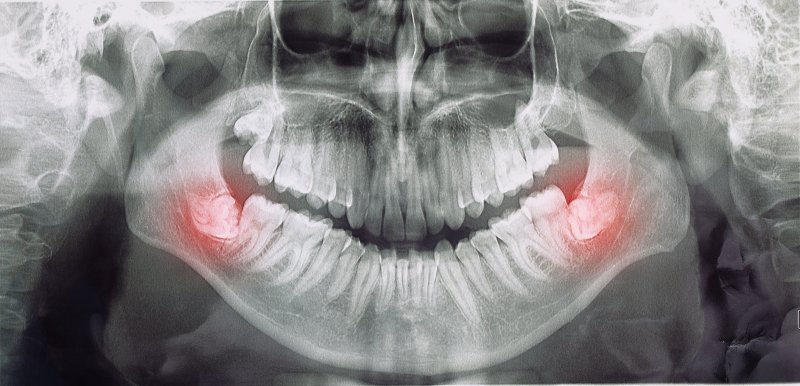
Wisdom teeth remain a mystery for many patients, especially those who need to have them removed. It’s often heard that they no longer serve a purpose, but why? What changed to make these third molars unnecessary? You can find out by reading the following article and learning how to tell when it might be time to say goodbye to these extra teeth.
The History Behind Wisdom Teeth
Wisdom teeth are also referred to as the third set of molars that erupt when a person is between 17 and 25 years old. In most cases, they need to be removed because of poor oral hygiene, impaction, and potential damage to nearby teeth. However, they were once essential for early humans.
Human ancestors relied on wisdom teeth to chew and eat dense, coarse meat. Tough foods were part of the normal diet in those days. Without these third molars, people would have been unable to consume essential nutrients, hindering their digestion.
However, as humans evolved, facial features and structures narrowed, making it difficult for wisdom teeth to erupt because of a lack of space. As diets and methods of cooking changed, the need for these teeth became obsolete.
How to Tell It’s Time to Have Them Removed
Now that humans have smaller jaws and utensils to use when eating, the eruption of wisdom teeth can be an uncomfortable reality for many patients. But how can a person know when it’s time to have them removed? Fortunately, there are a few signs, such as:
- Pain or discomfort in the back of the mouth
- Teeth appear crowded or as if they are shifting out of alignment
- An infection forms that causes facial or jaw swelling
- A foul taste forms in the mouth or a cyst develops near the tooth
- Impaction because wisdom teeth grow in abnormally and cannot erupt
- Gum inflammation and tenderness
As soon as a person notices any of these symptoms, calling to schedule an appointment with a dentist is the best course of action. This will ensure an examination is conducted so that timely treatment is provided.
Failure to seek professional help for this type of oral health problem can cause an infection, tooth misalignment, dental damage, and more.
While these teeth may no longer be necessary, knowing when to say goodbye to them can give you a better chance of maintaining a healthier, pain-free, and properly spaced smile.
About the Author
Dr. Kevin Coppelson is an oral surgeon in Costa Mesa who completed his dental doctorate at the University of Southern California. As a Diplomate of the American Board of Oral and Maxillofacial Surgery (ABOMS), he has completed a Fellowship and residency to further gain experience and training in the field. When treating patients at Advanced Dental Care who require wisdom tooth extraction, he ensures superior comfort and safety from beginning to end. If you or your child needs treatment for partially erupted or impacted wisdom teeth, visit our website or call (714) 424-9099 to schedule an appointment.

